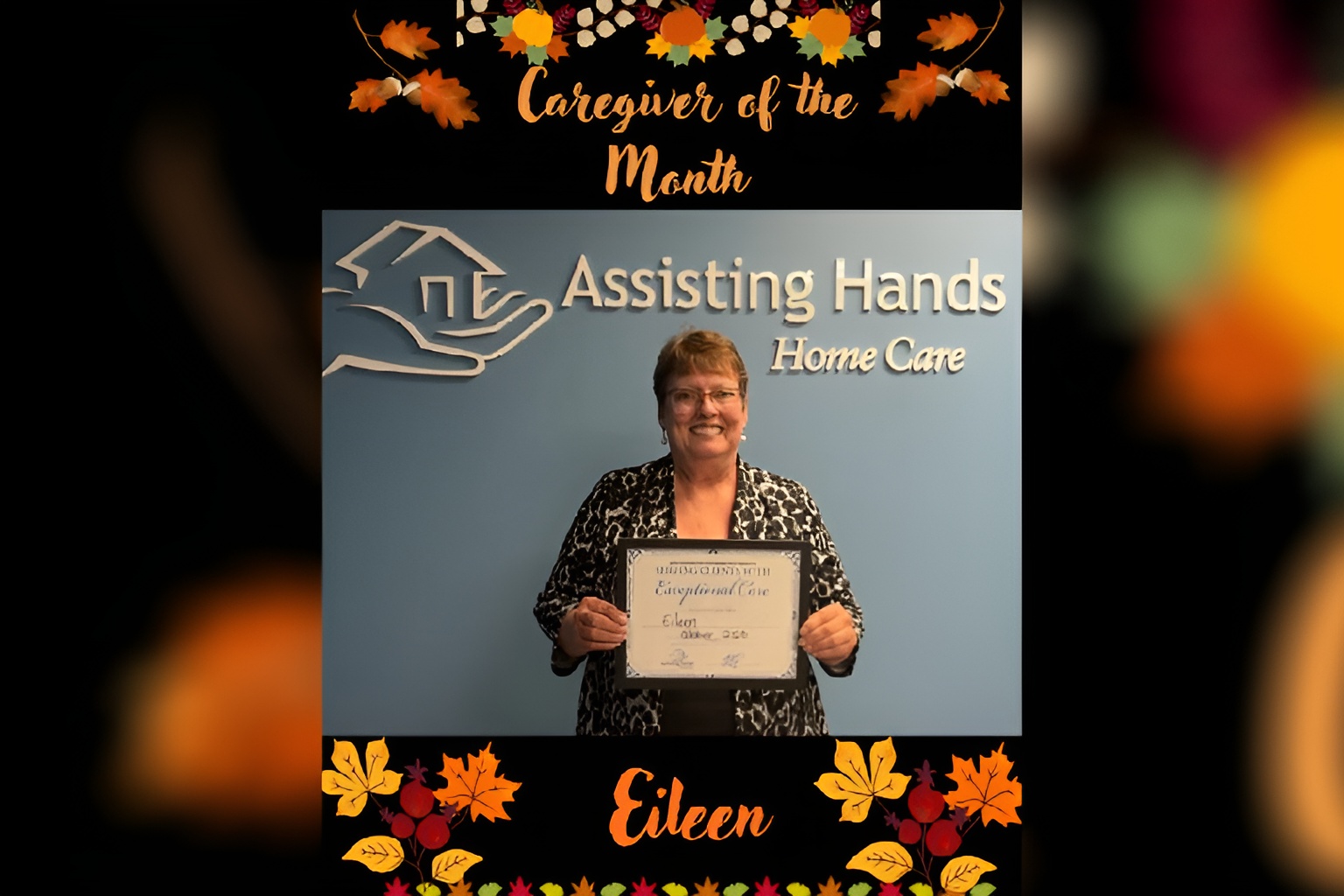
Table of Content
When an elderly family member requires care, it can be a sensitive and emotional time for everyone, especially children. Explaining this situation to children in a way that builds empathy and understanding is vital for fostering a positive family environment. Here are some practical steps and advice to guide these conversations.
Start with Simple and Honest Explanations
Children, depending on their age, may not have the developmental understanding to grasp complex health issues or caregiving needs. Start by simplifying the situation. Use clear, age-appropriate language to explain what’s happening. For example, you might say “Grandpa is getting older and sometimes needs help to do the things he could do before.”
Being honest is equally important. However, balance honesty with reassurance to alleviate fears. For example, if Grandma has difficulty remembering things, explain it calmly, saying “Her brain doesn’t work the way it used to, but we’re here to help her.” Avoid overwhelming them with too much detail unless they ask for clarity.
Consider hiring a professional caregiver if you need someone to provide care to your loved one. There are many reasons seniors might need assistance at home. Some may require regular mental stimulation due to an Alzheimer’s diagnosis, while others might only need part-time assistance with exercise and basic household tasks. Assisting Hands Home Care is a leading elder care provider. Families rely on our expertly trained caregivers to help their senior loved ones maintain a high quality of life.
Encourage Expressing Feelings and Asking Questions
Children may be confused, scared, or even frustrated about an elderly family member needing care. Create an environment where they feel safe expressing these emotions. Ask open-ended questions like “How do you feel about Grandpa needing help?” or “Does anything about this situation make you curious or worried?”
Address their concerns patiently. For example, some children might worry if the illness or condition is contagious, while others might mistakenly think they’re responsible in some way. Validate their feelings by saying “It’s okay to feel sad or confused. This is new for all of us, and it’s okay to talk about it.”
Teach Them Ways to Help and Be Kind
Children feel empowered when they can take an active role in helping an elderly relative. Teach them simple ways to show kindness and support, like drawing a picture, reading a book, or helping with small tasks.
You might say “Grandma gets tired easily, so your help setting the table would mean a lot to her.” These small actions teach children the value of compassion and inclusion while helping them feel connected to the family member in need.
If appropriate, involve them in caregiving routines at a level they’re comfortable with. Just make sure they don’t take on responsibilities beyond their age or ability.
The type of home care service Libertyville seniors need can vary. Some need assistance a few hours a day, while others require more extensive around-the-clock assistance. At Assisting Hands Home Care, we tailor our care plans based on each senior’s individual care needs, and the plans can be adjusted at any time. We are a trusted provider of respite and 24-hour care, and we also offer specialized Alzheimer’s, dementia, Parkinson’s, and stroke care for seniors.
Use Stories and Analogies
Explaining complex topics such as aging and caregiving can sometimes be easier through storytelling or analogies. Use books, TV shows, or personal anecdotes to illustrate the situation in a way they can relate to.
For instance, you could say “Taking care of Grandpa is similar to how we take care of our garden. It takes patience, love, and attention to keep things growing strong.” Storytelling makes it easier for children to process unfamiliar situations and emotions while keeping the tone light and approachable.
Highlight Family Values and Unity
Conversations about an elderly family member often provide an opportunity to teach children about family values such as respect, empathy, and responsibility. Explain how caring for each other is an important part of being a family.
You could share personal insights like “When I was your age, I helped take care of my grandmother, too. It made us even closer.” Highlighting how families support one another during challenging times reinforces a positive narrative around caregiving and strengthens familial bonds.
An experienced professional caregiver can be a wonderful source of information and support for your whole family. Some seniors only require help with a few daily tasks so they can maintain their independence. However, those living with serious illnesses may need more extensive assistance. Luckily, there is professional live-in care Libertyville, IL, seniors can rely on. Home can be a safer and more comfortable place for your loved one to live with the help of an expertly trained and dedicated around-the-clock caregiver. Assisting Hands Home Care will work with you to customize a care plan that’s just right for your loved one’s needs. Call us today to discuss how we can give you the peace of mind that comes from knowing your loved one is being cared for with professionalism and compassion.






